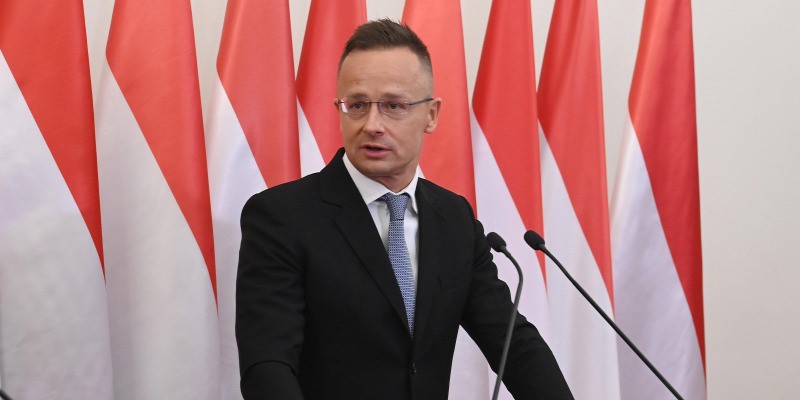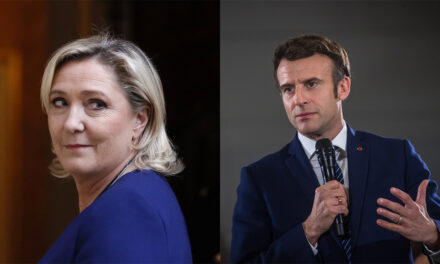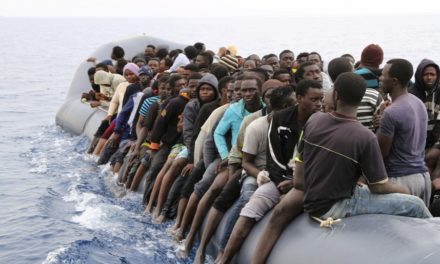In order to strengthen the country's energy security, the government is conducting negotiations to acquire an additional 700 million cubic meters of natural gas in addition to the quantities included in the long-term contracts, Péter Szijjártó announced on Friday in Budapest.
Negotiations about this are ongoing both in the eastern and western directions; he hopes to be able to provide more information on the results of these in the second half of next week - the Minister of Foreign Affairs and Trade announced at the press conference he held together with Gebran Bassil, the president of the Lebanese Christian Free Patriotic Movement party.
The minister said that in times of peace, the global energy market operates along the lines of supply and demand: gas can be bought on the free market and based on long-term contracts.
He recalled that last year and the year before, the market players tried to dissuade him from the long-term contract, because they considered that the gas supply could be ensured without it. But he always insisted that the country's energy security is a strategic, national security issue, which is why long-term gas purchase contracts were signed with Gazprom and Shell, he said.
If we had not concluded this, the country would now be in huge trouble, because the spot market part of the European natural gas market dried up during the war, he said, adding that thanks to the long-term contracts, the country's energy supply is on firm feet.
He explained that, at the same time, because of the war, we must prepare for supply disruptions and restrictions in Western Europe, that is, "we must store as much natural gas as possible." That is why it was decided that the country will purchase natural gas in addition to the amount fixed in the long-term contracts.
He emphasized: they found that Gazprom has delivered reliably so far and it seems that the southern route is the most predictable.
He reminded that: when the Hungarian infrastructure connected to the Turkish Stream was built, everyone tried to force Hungary to do the opposite.
But if this had not been built, we would be in huge trouble, he said. He said that half of the 32.6 million cubic meters of natural gas that arrived in Hungary on Friday, 16.3 million cubic meters, came via the southern route.
In other words, the largest part of Russian gas comes from the south, while we can only get a third of the contracted amount from the west, he explained. That is why, during the negotiations on the delivery of the extra gas, they also agree that the quantities nominated to the west should be received by the country from the south, he said.
Péter Szijjártó emphasized that the world is facing global challenges due to the war in Ukraine.
He recalled that one and a half million Syrian refugees live in Lebanon, while Lebanon covered 80 percent of its wheat supply and 90 percent of its cooking oil from Ukrainian and Russian sources. Therefore, the country is a powder keg from which a huge wave of migration can start towards Europe if peace is not achieved.
He said: in addition to creating energy security, the key to our physical security is to keep away the armed migrant gangs that besieged our southern borders.
In this situation, international politics should also focus on preventing waves of migration and providing assistance to countries that receive many refugees, he said.
He added that Hungary is doing this, as the Lebanese Christian community has received several million dollars in the recent period, among other things, for the construction of churches, and 50 scholarships are provided to Lebanese students at Hungarian universities every year.
At the event, Gebran Bassil emphasized that Hungary and the Hungarian government have always stood by Lebanon in the midst of the difficult circumstances affecting their country. This is valued all the more because credibility and loyalty are the most lacking in international politics.
The Hungary Helps program is a clear proof of assistance and his party wants to strengthen the relationship with Fidesz, he added.
He agreed with the Hungarian foreign minister that diplomatic dialogue is the key to solving the migration crisis, food crisis and inflation caused by the war. With such a dialogue, Lebanon intends to resolve its dispute with Israel and the neighboring states about the maritime borders and the exploitation of the gas field located there, so that they can produce their own gas.
He also said that Lebanon is paying dearly for Syrian migration. He believed that a gradual return to Syria was now possible and should be encouraged.
Source: MTI
Photo: MTI/Zoltán Máthé













